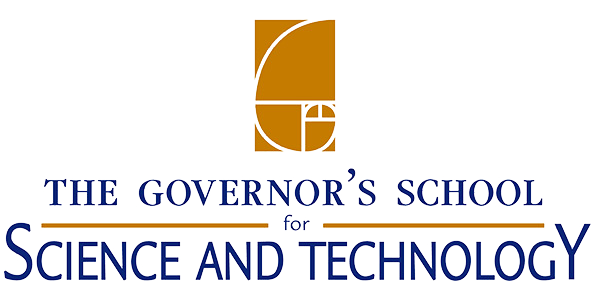Research Methodology & Ethics
Research Methodology & Ethics (4610): (1 weighted high school science credit).
This year-long course provides junior STEM students with knowledge and experiences on how to conduct scientific research and engineering projects. Students will study contemporary issues in scientific research while conducting independent scientific research and engineering projects outside of class. Students are encouraged to select projects consistent with their strand or career goals. Course topics include research design strategies, data analysis and representation (with and without computer-assistance), norms of conduct for ethical research behavior, and the historical basis for current research regulations, among others. All students must conduct a review of the primary literature to support their research design assumptions, prepare and present a plan of their proposed research for institutional review and approval, conduct their studies and report their findings via formal technical paper as well as oral presentation. All students present posters in our junior science symposium, judged by professionals in various fields. Participation in regional Science and Engineering Fairs are highly encouraged.
